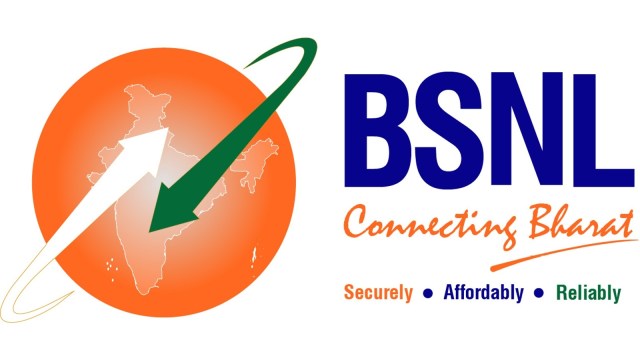BSNL is testing a new service that lets you send messages without a SIM: Here’s how it works
BSNL is testing a new technology called Direct to Device, which lets users make phone calls and send messages using satellite connectivity.
 BSNL is developing the technology in partnership with Viasat. (Image Source: BSNL)
BSNL is developing the technology in partnership with Viasat. (Image Source: BSNL)At the recently concluded Indian Mobile Congress, the government-owned telecom operator BSNL unveiled its new logo and slogan and announced the launch of seven new services, one of which might let you make phone calls without a SIM card.
Dubbed “Direct to Device”, BSNL says that the connectivity solution “converges satellite and terrestrial mobile networks to deliver seamless, reliable connectivity.” Developed in collaboration with Viasat, the network operator recently showcased satellite-powered two-way messaging services to attendees at the Indian Mobile Congress.
In the trial, the company used a commercial Android smartphone with non-terrestrial network (NTN) connectivity to send a message roughly 36,000 km to one of Viasat’s satellites. Similar to satellite messaging on iPhones and flagship Android devices, D2D can be useful in times of emergency or natural disasters since it works on land, air and sea.
#BSNL introduces Direct to Device (D2D) service, a pioneering solution that converges satellite and terrestrial mobile networks, ensures uninterrupted connectivity even in the remotest corner of India. #ConnectingBharat #D2D #DirectToDevice pic.twitter.com/99cce3BFdD
— BSNL India (@BSNLCorporate) October 24, 2024
In case you are unaware, D2D works by making use of existing cellular networks and repurposing them to interact with satellite constellations, which act as huge cell towers in the sky. It can be beneficial for users who live in areas where connectivity is low and cover gap in rural areas.
Apart from BSNL, major telecom operators like Airtel, Jio and Vodafone-Idea are also reportedly working on satellite connectivity services. However, these network providers are also facing stiff competition from Elon Musk’s Starlink, which has launched thousands of satellites in the Earth’s atmosphere and is already offering internet connectivity in various parts of the world.
Last month, Elon Musk took on Indian billionaires Mukesh Ambani and Sunil Bharti Mittal over the allocation of spectrum used in communication services using satellite, saying that their demand for the auction of airwaves was “unprecedented”.







